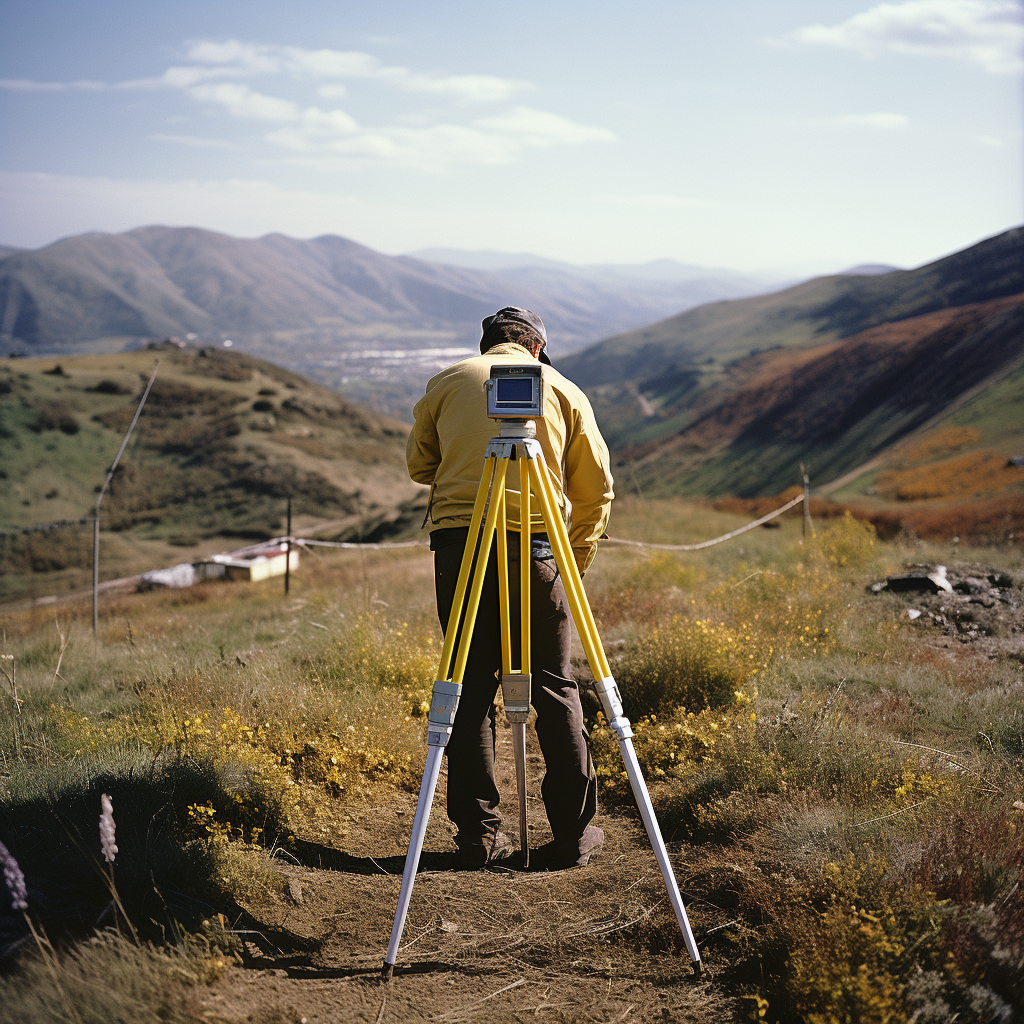


The significance of thoroughly performing due diligence on a selected location during a land development analysis cannot be emphasized enough. As part of the risk mitigation process, different factors, including location, legal considerations, financial feasibility, physical site investigation, risk assessment, engaging experts, negotiating the purchase contract, evaluating financing options, and evaluating best practices, can be considered. You can mitigate risks by considering these factors. This article will delve into these areas, providing a comprehensive guide for conducting due diligence on a development analysis site.
Research current and projected market conditions to determine demand and growth potential.A location must be suitable for the target market based on its demographics and preferences. Consider. Competition and market saturation to assess the feasibility of the land development project
Understand local zoning ordinances to ensure that allowable land uses and building codes are followed. Research any proposed changes to the zoning ordinance that could impact the development project. Identify any easements, restrictions, or encroachments that affect the site's Land development Analysis potential.
Hire a professional surveyor to obtain accurate information about the property's topography. Determine if steep slopes, drainage problems, or other issues affect the site's development. Determine the appropriate soil design and site preparation requirements.
Conduct soil tests to determine soil stability and foundation requirements. Consider the presence of geologic features that could affect construction. In order to reduce the likelihood of geologic hazards, such as sinkholes and landslides, causing destruction, mitigation strategies must be developed.
Identify the political stability and economic conditions in the region. Analyze how government policies and regulations might affect the project. Economic downturns and market fluctuations may affect the success of the project.
Clearly define the scope of the land development analysis project in the purchase agreement. Include specific clauses about compliance with the development plan, environmental remediation, and site preparation. Clarify payment terms, contingencies and dispute resolution mechanisms.
Consider contingencies for securing financing, obtaining necessary permits, and performing final inspections. With legal counsel's assistance, review and negotiate the purchase agreement to protect the developer's interests.
Identify potential risks associated with financing, such as interest rate fluctuations or delays in project completion. Analyze the financial impact of these risks and develop contingency plans. Monitor economic indicators regularly and adjust financing strategies accordingly.
An evaluation of various factors is key to the success of a site development project. By thoroughly analyzing the location, legal considerations, financial feasibility, physical site investigation, risk assessment, engaging experts, negotiating the purchase agreement, evaluating financing options and risks, and learning from case studies, developers can make informed decisions and mitigate potential risks. The process of due diligence is ongoing, not a one-time event, for development projects to succeed.
1. What is due diligence, and why is it essential for development site investment?
Before making a business decision, such as investing in a development site, due diligence consists of a comprehensive investigation and analysis. Assessing the viability, risks, and potential of a site helps minimize uncertainty and make informed decisions.
2. How long does the due diligence process typically take?
Due diligence can take between 48 and 72 hours, depending on the project's complexity and information availability. An extensive assessment and analysis can take many weeks to several months.
3. Can due diligence uncover potential risks hindering the land development analysis project?
Yes, due diligence is vital in identifying potential risks and challenges impacting the development project. By taking into account the site's constraints, regulatory requirements, and environmental concerns, developers can develop risk mitigation strategies.
4. Should I hire external experts for due diligence, or can I handle it internally?
Engaging external experts, such as attorneys, consultants, architects, and engineers, can provide valuable insights and expertise during the due diligence. Their specialized knowledge and experience can help identify potential issues and provide comprehensive evaluations. However, balancing the cost of hiring experts with the project's budget and requirements is essential.
Conducting thorough due diligence on a land development analysis site is paramount to ensuring the success of your project and minimizing potential risks. By following a systematic and comprehensive approach, you can make informed decisions that align with your goals and safeguard your investment.
Explore Developers Research (Dev-Res) for comprehensive guidance on performing due diligence for land development . Our meticulous approach covers location analysis, legal considerations, financial assessments, and thorough physical investigations. Make informed decisions, mitigate risks, and achieve successful, profitable projects with the help of our expert insights.Learn from case studies, embrace best practices, and avoid common pitfalls. Keep in mind that due diligence is an ongoing process crucial for long-term triumph.